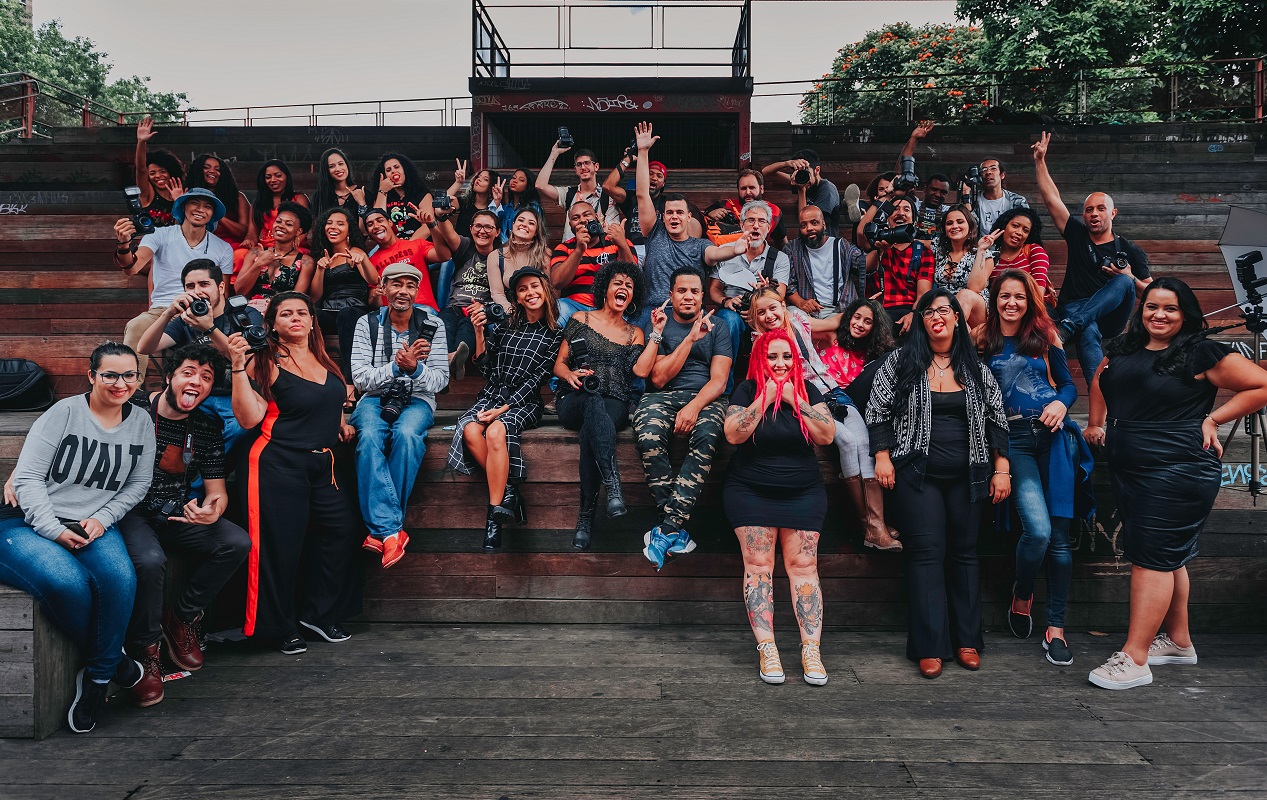This is the twelfth article out of 12 about the European Youth Goals, written by Citizens of Europe editorial staff.
What are the Youth Goals?
The Youth Goals are 11 purposes that young Europeans consider as political priorities in nowaday European Union.
These goals were developed during a meeting cycle between young Europeans and decision makers: the “EU Youth Dialogue – Youth in Europe: What’s next?” , that took place between 2017/2018.
After those meetings the Council of European Union decides to give more space to the issues that affect young people in its political agenda, by creating new and different paths for supporting them to improve their skills.
The EU Youth Dialogue – Youth in Europe: What’s next? is a dialogue mechanism and it was an essential part of the EU Youth Strategy 2019- 2027. The main purpose of this strategy is to create a more democratic and equal society thought by and for young people.
Youth Organisations and European Programmes
To build a society based on European values and identity is necessary to ensure equal access for all young people to youth organisations and European youth programmes (such as Erasmus Plus Programme).
Youth organisations and European youth programmes involve millions of young people supporting their active citizenship and developing their life skills. Although their impact is very effective on young people daily life, this kind of programmes remain underfunded and lack recognition and accessibility.
Moreover, many young people – above all the one with fewer opportunities– don’t have access to the information about this kind of programme, so it’s imporant also to have a good information around it.
For this reason for example it’s necessary to increase the accessibility of European youth programmes, ensure a youth friendly administration process and provide support and quality information for all participants and applicants.
Goals
- Ensure sufficient resources from EU programmes for youth organisations to develop projects and access structural support to carry out their missions and to support their work.
- Ensure youth organisations and European youth programmes are better bridged with the educational systems and acknowledging them as actors fostering life skills and active citizenship.
- Reach out to and support marginalised young people to be active in youth organisations, youth groups and EU youth programmes.
- Increase resources, and widen the variety of grants and diversity of initiatives available for youth organisations and youth groups.
- Ensure participation of young people in governance processes of European youth programmes.

